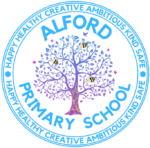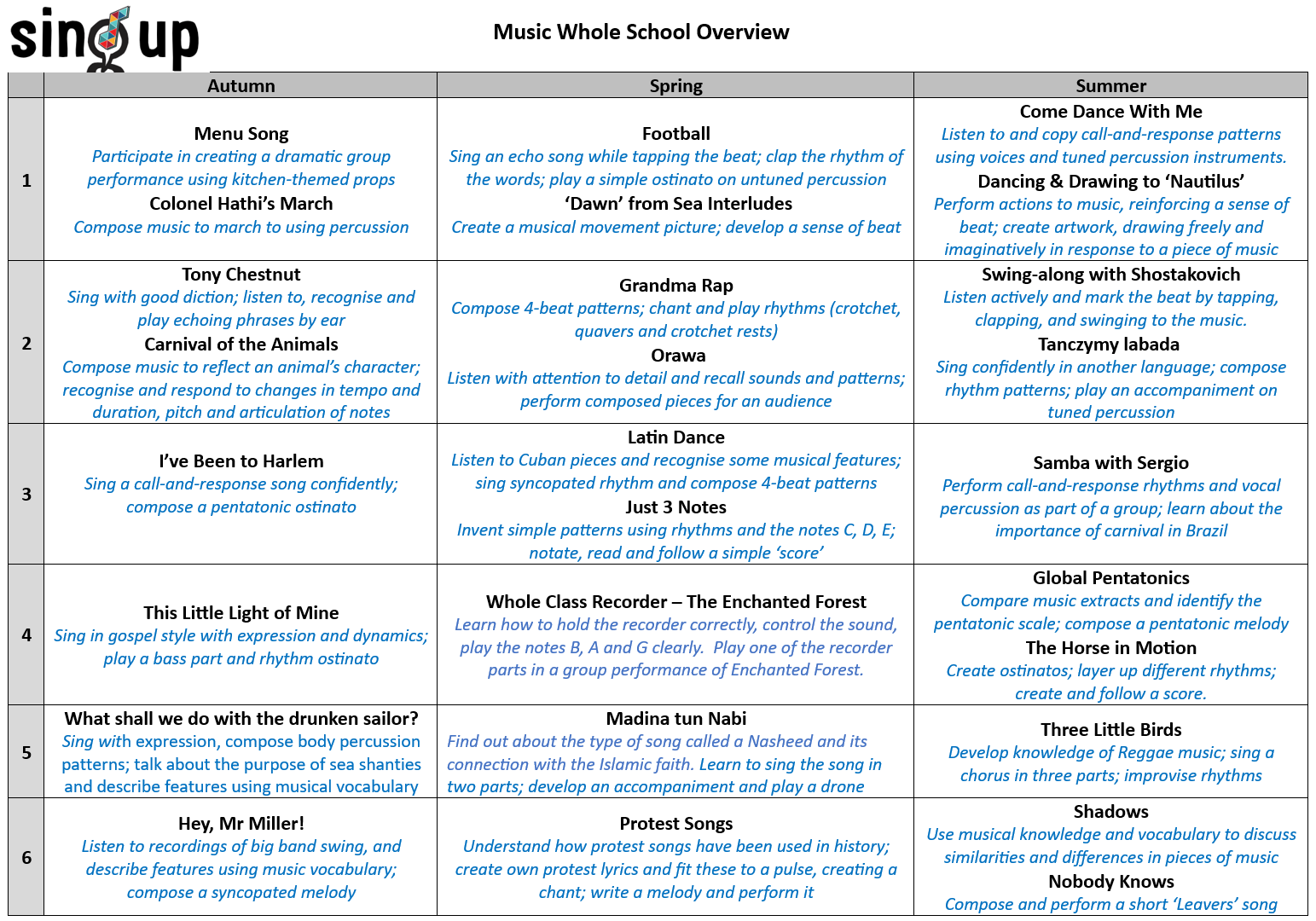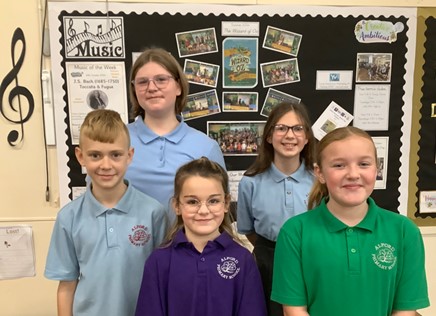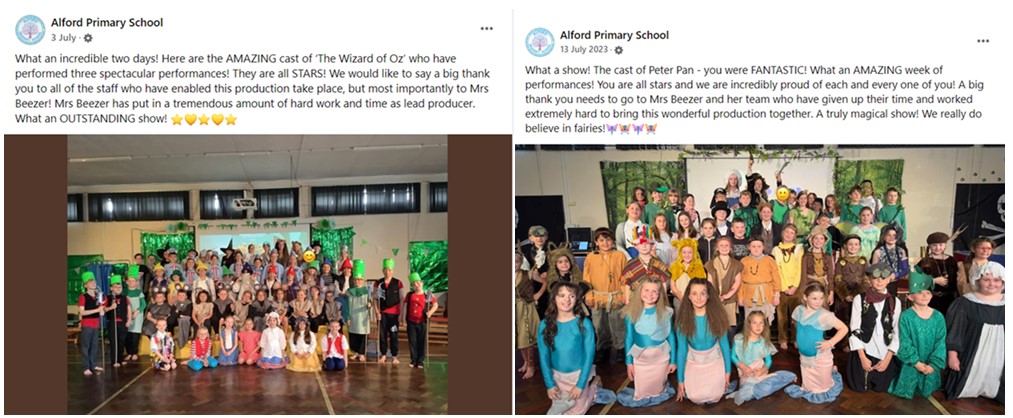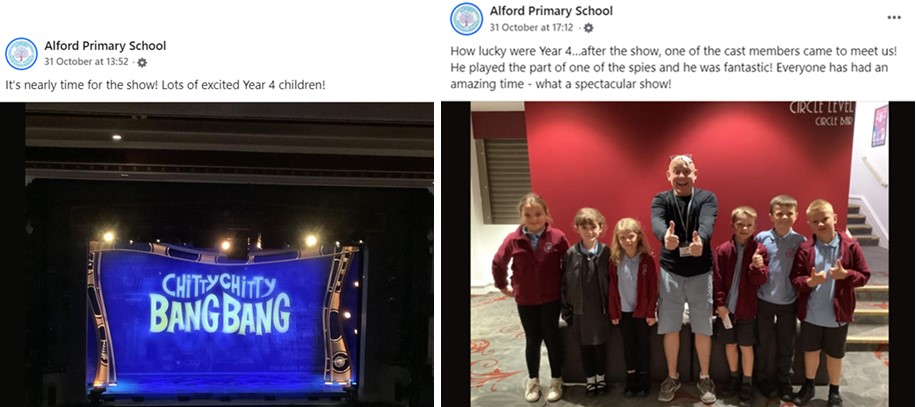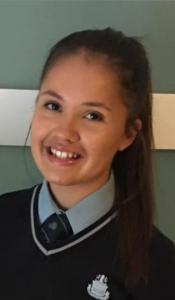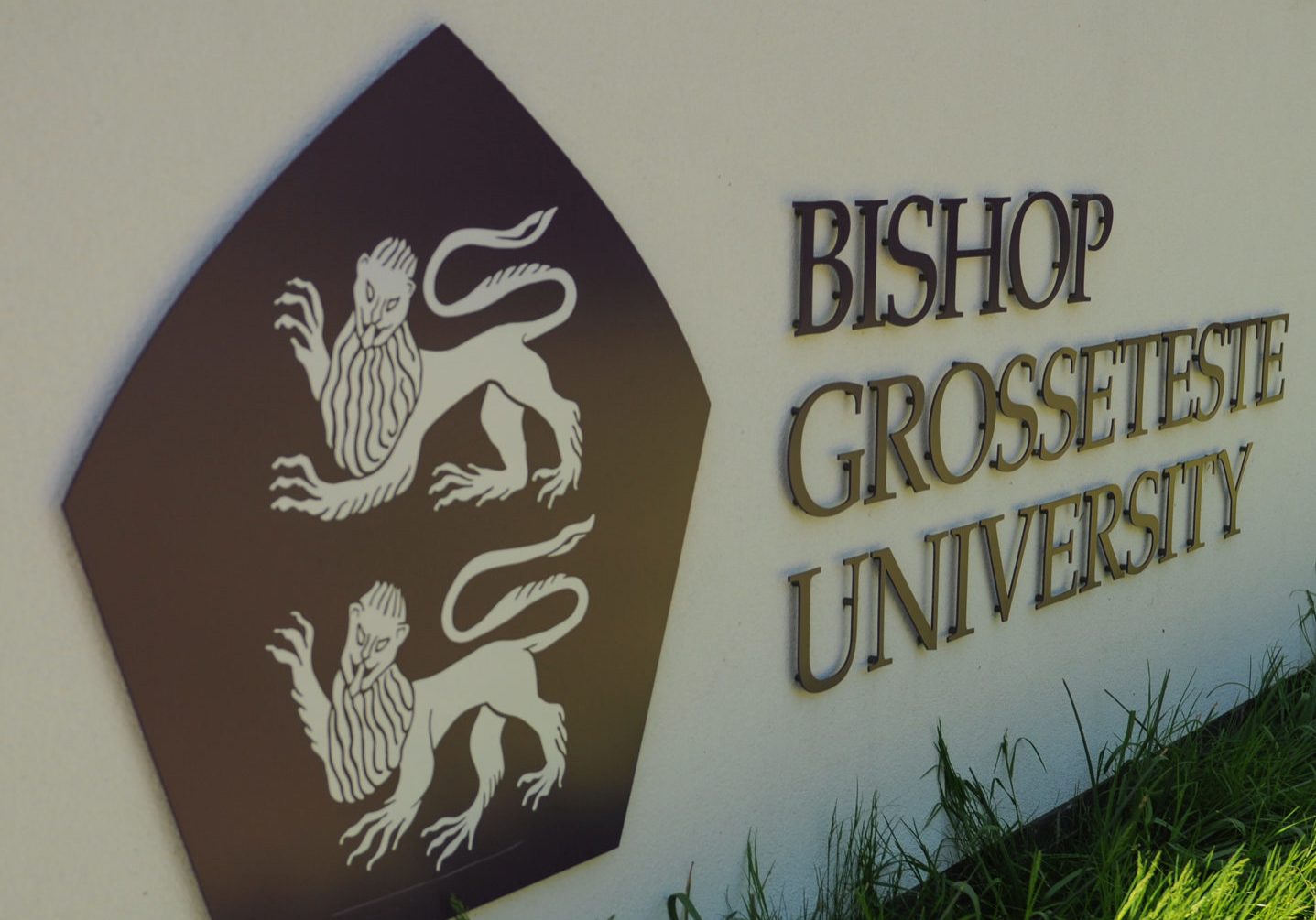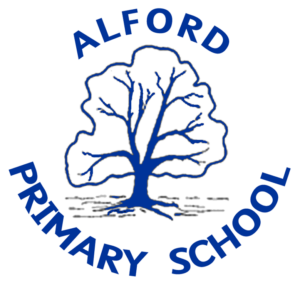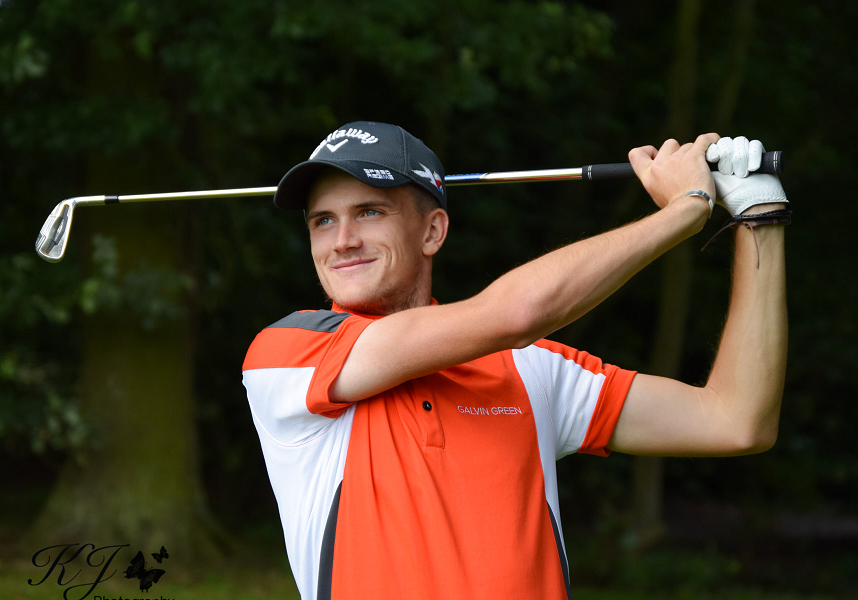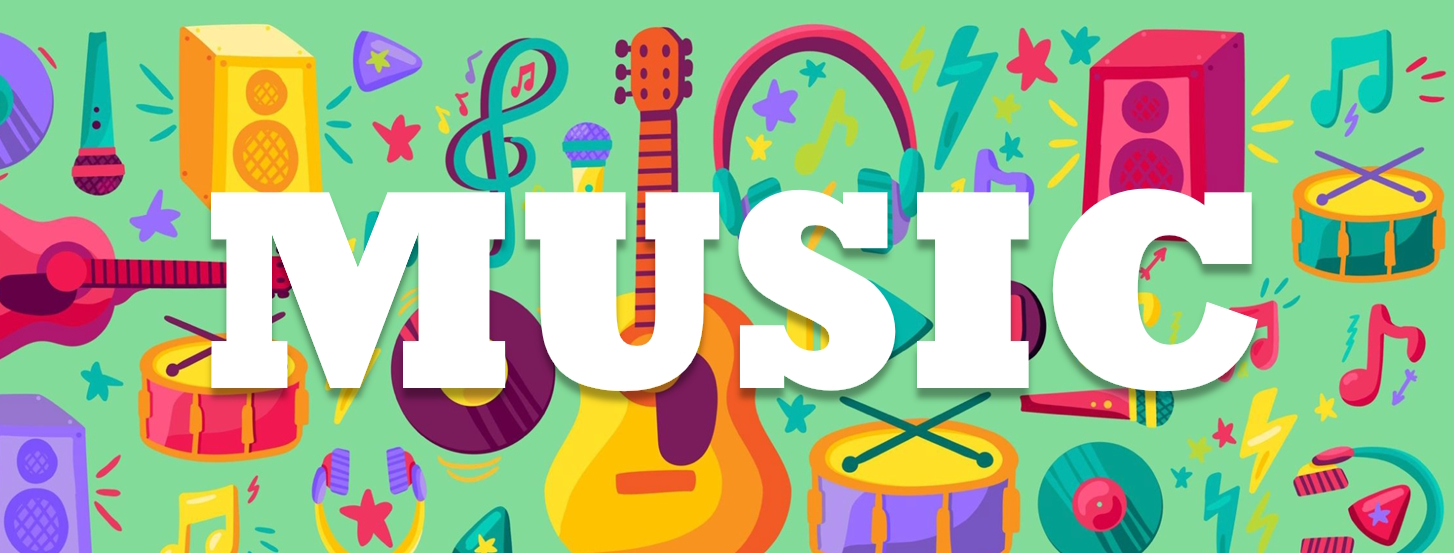
Intent
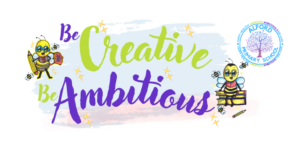 At Alford Primary we believe in the power of Music. We understand that it can help us to be happier and more creative, to express ourselves and work as part of a team. We know that it can make us feel more confident, take pride in what we do and improve our self-esteem.
At Alford Primary we believe in the power of Music. We understand that it can help us to be happier and more creative, to express ourselves and work as part of a team. We know that it can make us feel more confident, take pride in what we do and improve our self-esteem.
Our aim is to provide a music curriculum which will enable each child to reach their full potential in music, encouraging children to enjoy singing, listening, composing and performing, and providing all children with a variety of opportunities to take part in musical experiences both in school and further afield.
In line with the National Curriculum for Music and the Model Music Curriculum, we aim to ensure that all pupils:
- develop an enjoyment of music
- perform, listen to, review and evaluate music across a range of historical periods, genres, styles and traditions, including the works of the great composers and musicians
- learn to sing and to use their voices, to create and compose music on their own and with others, have the opportunity to learn a musical instrument, use technology appropriately and have the opportunity to reach their full potential
- understand and explore how music is created, produced and communicated, including through the inter-related dimensions: pitch, duration, dynamics, tempo, timbre, texture, structure and appropriate musical notations.
Our Curriculum
The Sing Up scheme of learning is used throughout the school. Units have been carefully selected to give a broad and balanced curriculum across the school, and allowing progression across the National Curriculum and Model Music Curriculum.
Time-tabled class music sessions happen weekly in Key Stage 1 (approx.. 30-40 minutes each) and either alternate weeks or half termly blocks in Key Stage 2 (approx. 45-50 minutes each).
Whole School Overview of Music Units
More details about what children will learn during each unit of work can be found by clicking on the links below:
Musical Experiences
At Alford Primary School, we are proud to offer our children a wide range of musical experiences both in and out of school.
- SINGING ASSEMBLIES happen weekly for both Key Stage 1 and Key Stage 2.

- MUSIC OF THE WEEK is played in assemblies across the week. We listen to a variety of styles of music, taking examples from the Model Music Curriculum, but also fitting with the curriculum and special events in school.

- CLUBS
- Summer Term 2025 - Key Stage 2 Production

Rehearsals are well underway for our performances of ‘The Jungle Book’ at the beginning of July!

- Summer Term 2025 - Year 4 Recorder Club
This club ran during the first half of the Summer Term for children in Year 4 who wanted to continue to develop their recorder playing skills after our whole class lessons in the Spring Term. It was a huge success and we hope to run it again in the future.

- Spring Term 2025 - Spilsby Music Festival Choir

- Autumn Term 2024 - Year 5 & 6 Young Voices Choir
Our Young Voices Choir had an amazing trip to Sheffield Arena on Wednesday 8th January 2025. They were fabulous representatives for our school and had done a great job of learning the songs, dances and sign language for the performance.
- Autumn Term 2024 - Year 3 & 4 Choir
Our Year 3 & 4 Choir performed opened our Friends of the School Christmas Fayre this year, as well as performing for the Alford Dementia Support Group.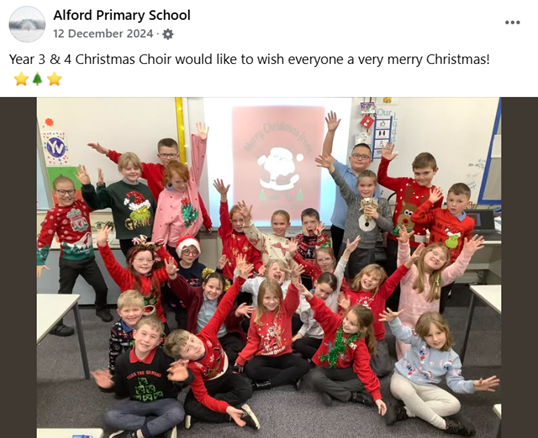
Year 3 & 4 Choir’s first performance of the year was at the Alford Schools’ Music Day at Queen Elizabeth’s Grammar, Alford in October.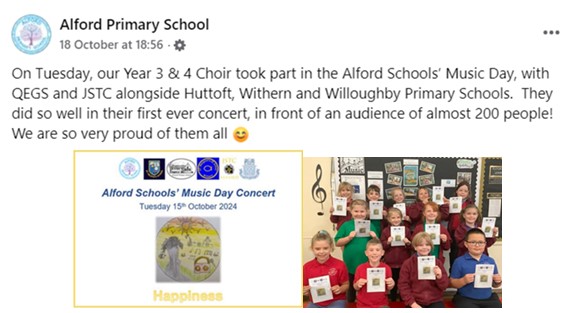
- Summer Term 2025 - Key Stage 2 Production
- Our MUSIC AMBASSADORS are always keen to promote Music throughout the school.
Other musical experiences we offer…
- All Key Stage 2 children will have the opportunity to experience a live, professional theatre performance.
In 2024/25, Year 4 saw Chitty Chitty Bang Bang at Hull Theatre and Year 6 will see Matilda in the West End! - A whole school Christmas performance – this may be a Carol Service in Church or a performance within school.
- Performance at the Spilsby Music Festival.
- Live musical performances from local musicians such as Alford Silver Band and The Elizabethan Singers
- An end of Year Key Stage 2 production – previous shows include: The Wizard of Oz (2024) and Peter Pan (2023).


